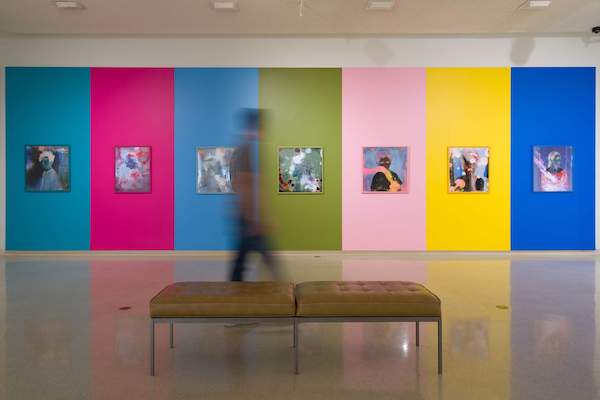
Our hard drives may fail. Our phones might break. We may forget an image that was once cemented in our minds. Our relationships with images and devices that hold our memories define how we understand our position in the world. If Memory Serves emerges from the moments those devices fail us, our recollections betray us and our pictures refuse to bring back the people they once captured. This exhibition emerges from the intersection of our haunting pasts, possible futures, and our connections to photographic images, technologies and the systems that ask to speak for our photographs.
The projects included here invite the viewers to immerse in transitions and transformations, in discomfort, in the borderlines between vision and sense, knowing and unknowing. At the same time, these works refuse nostalgia in its depoliticized state. These projects are defined by the viewpoint and lived experiences of their creators: female-identified, immigrants, descendants of inherited traumas, caregivers, providers. Photography is key to efforts to claim visibility, capture narratives and elicit conversations about the lives of vulnerable bodies and communities. The works on view are opening points, a threshold, for a conversation that should never be silenced, a conversation that is concerned with the conditions of its production – the present and future of photography – as it is concerned with its political, social and personal content.
The exhibition begins with and honors Aline Smithson, a mentor, photographer and educator, whose work with artists is redefining photographic practice. If Memory Serves celebrates her immense contribution to photography and further comments upon the reach of her stewardship and pedagogy. The participating artists have all been studying with and from her. Seen together, their works offer profound insight into our co-existence with photography, suggesting meeting points between personal experiences and broader societal issues and conflicts – from privacy to grief, from representation to immigration.
